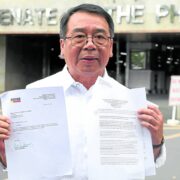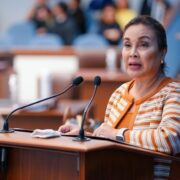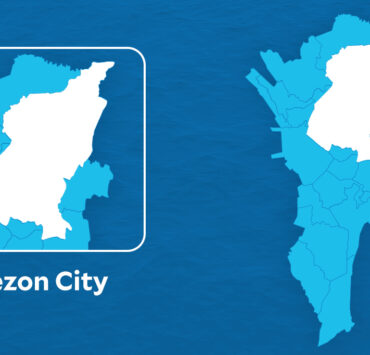DOH says lack of hospitals, beds hinder access to Zero Balance Billing

Health Secretary Teodoro Herbosa has acknowledged that many Filipinos are still unable to avail themselves of the government’s “Zero Balance Billing” policy, due to insufficient bed capacity and the lack of provincial hospitals run by the Department of Health (DOH).
During an organizational hearing conducted by the House health committee on Tuesday, Herbosa said the DOH still needs to work on increasing bed capacity in hospitals since the country’s bed-to-population ratio as of 2024 was at 1.005 bed per population of 1,000—lower than the ideal 1.5 per 1,000.
But for the health chief, the ratio in Metro Manila was already at an “adequate” level of around 2 beds per 1,000.
Herbosa, however, also acknowledged that the bed capacity in Metro Manila is mostly provided by its 54 private hospitals, which outnumber the region’s 17 DOH hospitals and four government-owned and -controlled hospitals.
“[The] problem is the distribution. It is only here in Metro Manila that our bed to population ratio is okay,” Herbosa said. “[B]ut it is also maldistributed because the poor cannot access the private hospitals.”
Public hospitals
Herbosa estimated that hospital beds in the country are “60-percent private, 40-percent public,” with 80 percent of the population going to public hospitals because they cannot afford the fees at private hospitals.
Outside Metro Manila, some provinces do not even have a DOH hospital, the DOH secretary said. Residents have to travel for three to four hours to another city or municipality in order to benefit from the zero balance billing policy, Herbosa said.
“When I came in [as health secretary], I discovered there are 40 provinces without a DOH hospital. Only 42 have a DOH hospital,” he said. “Bukidnon has none, [so residents have] to go to Northern Mindanao Medical Center for the zero balance billing, and their only access is local hospitals.”
Any Filipino seeking relief from medical costs through the zero balance billing policy no longer has to pay out of pocket when admitted to basic or ward accommodation in any of the 87 DOH hospitals nationwide implementing that policy.
Nearly 300-K beneficiaries
The DOH said the program has already benefited some 298,221 patients since it was introduced in May this year, translating to around P26.4 billion worth of bill payments.
The department said further that daily average admissions in DOH hospitals have increased from 3,297 to 4,067 as a result.
To address overcrowding in hospitals, Herbosa suggested spending more on primary care services such as the Yaman ng Kalusugan Program of the Philippine Health Insurance Corp. (PhilHealth), to prevent diseases that would land Filipinos in the hospitals in the first place.
“[I]f we spend more on primary care … I’m thinking [if] people are taking their medicines, their anti-hypertensives …, they will not [have] a stroke or heart attack, because they are on medication,” he said.
Herbosa said the DOH has also opened up 53 Bagong Urgent Care and Ambulatory Services or Bucas centers for individuals who only need a consultation, laboratory exam or prescription and can be treated at home.
He also brought up the option of entering into public-private partnerships with hospital owners to increase bed capacity.
Herbosa noted that more companies are now encouraged to enter the health-care industry due to the increased rates of PhilHealth.

















